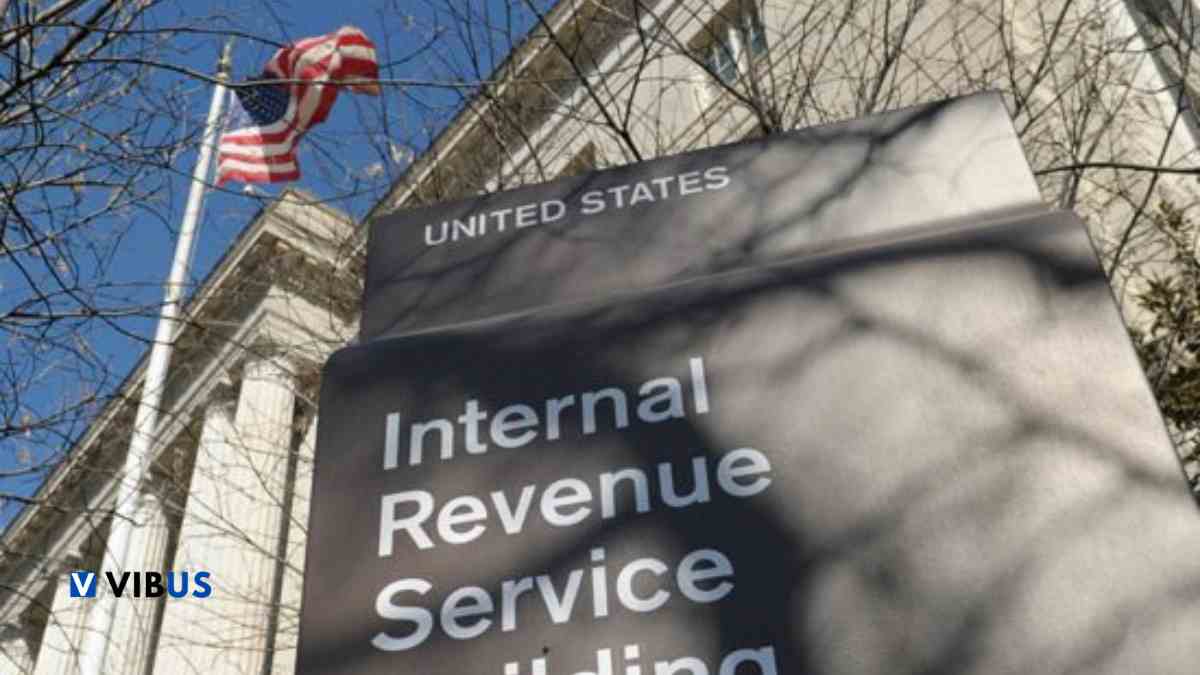The IRS is currently facing a significant backlog in resolving around 500,000 identity theft cases. According to a recent report by the National Taxpayer Advocate, this backlog has worsened since last year, primarily affecting low-income taxpayers who rely on their tax refunds.
The accumulation of unresolved cases is having a considerable impact on the lives of many taxpayers. Low-income individuals, in particular, are suffering due to the delay in receiving their refunds, money they often need to cover essential expenses. This issue is generating great frustration and financial uncertainty among those affected.
The Impact of the IRS Delay on Taxpayers
Erin Collins, the National Taxpayer Advocate, is responsible for identifying problems within the IRS and proposing solutions. In her most recent report, Collins acknowledged that, although the situation remains critical, there have been some improvements since the “crisis” highlighted in 2022.
“Without exaggerating, I believe that over the last four years we have moved from a state of despair to one of hope and optimism for the future of the IRS and, therefore, for taxpayers,” Collins wrote. Although the IRS continues to face significant challenges, especially in modernizing its technology systems and operational processes, Collins remains optimistic about the direction the agency is taking.
The Process of Reviewing Identity Theft Cases
When the IRS receives two tax returns under the same name, it indicates that the taxpayer’s personal information has been stolen. In these cases, the IRS freezes the refund until it determines which return is legitimate. While this process is necessary to prevent fraud, it has resulted in extremely long resolution times.
As of April 2024, resolving an identity theft case could take more than 22 months, preventing victims from receiving their refunds on time. In 2023, 69% of taxpayers whose cases were resolved had incomes at or below 250% of the federal poverty level, underscoring the impact on the most vulnerable individuals.
Challenges in Customer Service
Another issue highlighted in the report is the IRS’s ability to answer taxpayer calls. During the 2024 filing season, IRS employees were only able to answer 31% of the calls received. This low response rate is due to many calls being directed to automated responses or different phone lines, or taxpayers disconnecting before being attended to.
Additionally, IRS employees collectively spent 1.1 million hours, or 29% of their time, waiting to receive calls. This efficiency problem in call management needs to be addressed to improve customer service and reduce the frustration of those seeking assistance.
Allocated Funds and Their Impact
Collins highlighted in her report that part of her optimism is due to the $58 billion allocated to the IRS through the Inflation Reduction Act (IRA). This funding includes $3.2 billion for taxpayer services and $4.8 billion for system modernization.
Despite this injection of funds, Collins suggested that Congress should consider allocating more resources to these areas or allow the IRS to redirect funds as needed. These additional resources are crucial for the agency to address the backlog of identity theft cases and improve its overall processes.
Recommendations for the Future
Going forward, Collins recommended that the IRS better allocate its resources to address the backlog of identity theft cases and process tax returns within normal timeframes. Improving the efficiency and responsiveness of the IRS will not only benefit taxpayers but also strengthen trust in the agency.
The delay in resolving identity theft cases at the IRS is a significant issue that affects many taxpayers, especially those with low incomes. While the situation remains serious, there are signs of improvement thanks to modernization efforts and the allocation of new funds.
It is essential that the IRS continues to focus on improving its efficiency and responsiveness to ensure that all taxpayers receive the support and refunds they are entitled to. Collins’s recommendations point in the right direction, and with adequate support, the IRS can overcome these challenges and provide better service to all citizens.
The current situation at the IRS regarding the handling of identity theft cases reflects both the challenges and opportunities for improvement. The adoption of new technologies and more efficient processes can make the IRS not only more effective in resolving these cases but also more accessible and responsive to the needs of taxpayers.
It is crucial that both taxpayers and policymakers maintain a constant focus on these issues to ensure that the IRS can effectively fulfill its mission. Collaboration and proper allocation of resources will be key to achieving a tax system that works well for everyone.




